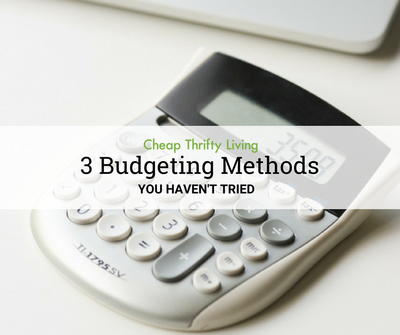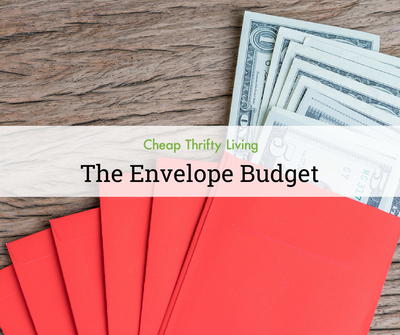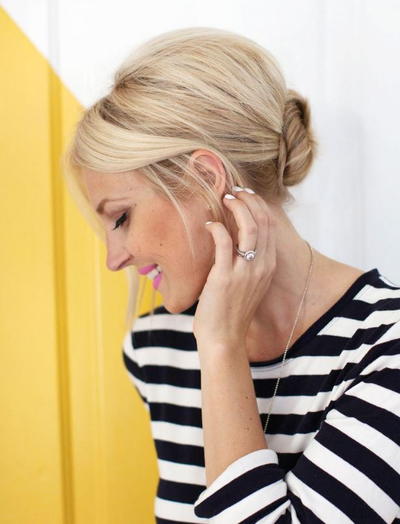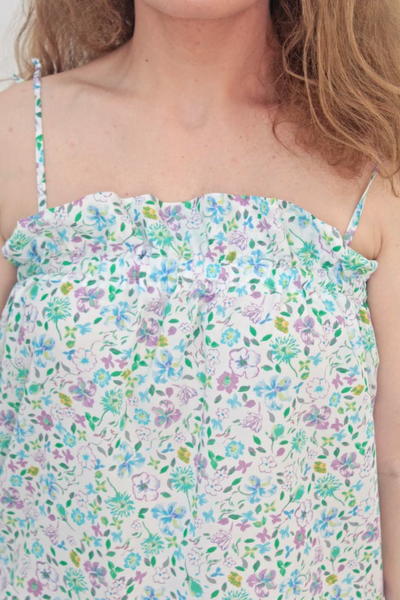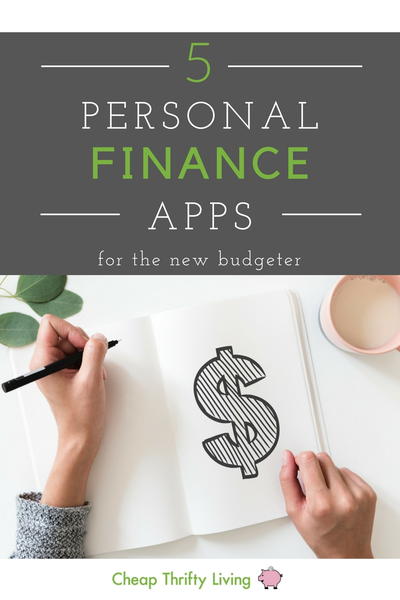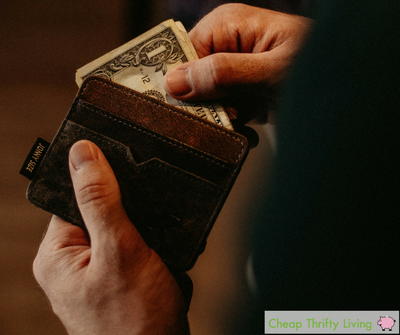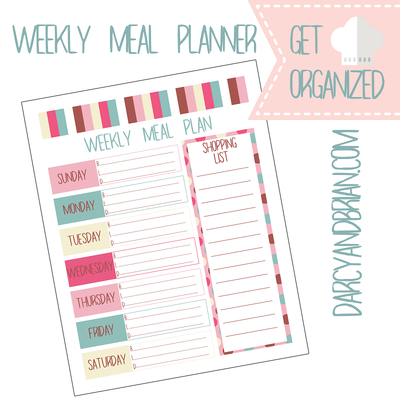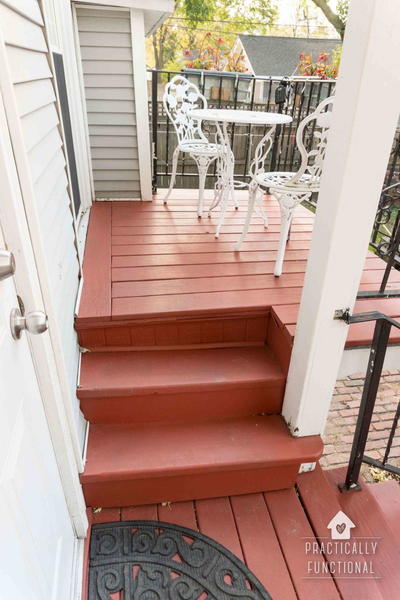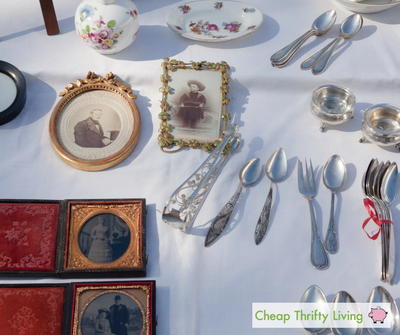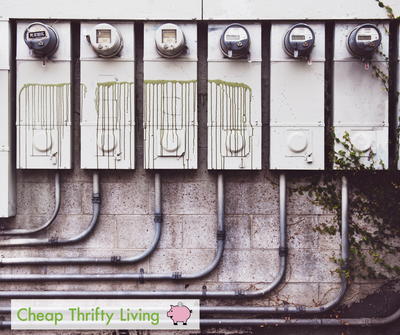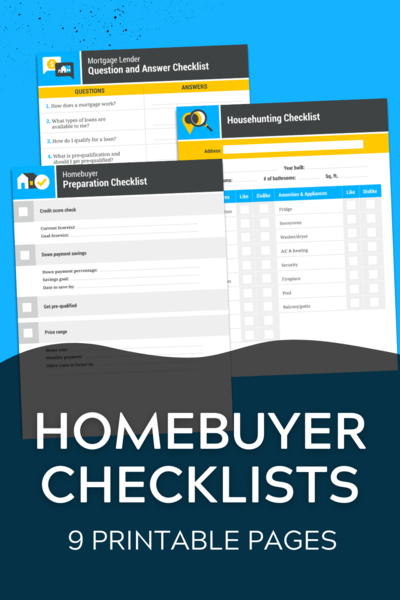3 Budgeting Methods You Haven't Tried
Tired of old budgeting techniques? Try these fresh ideas.

Personal budgeting can be a big task. It can be time-consuming to sit down and track your expenses. Even if you try to make the process fun with a great playlist or your favorite latte, making a budget still isn't something most of us want to do on a Saturday afternoon!
However, having a budgeting method that suits your needs can make the whole thing easier. Think about it: not everyone has the same budgeting challenges, so not everyone needs the same budgeting advice. You can save yourself some stress by choosing the right strategy for you and your family.
Before you get started, we recommend keeping a few things in mind to set yourself up for success:
- Start your budgeting process by doing your best to track your spending for a while. It's important to find out where your money is actually going before you decide how to move it around.
- Be sure to factor in any debts you have. These budgeting methods aren't made to specifically pay down debt, so you'll need to work that into whatever plan you choose.
- Think about an emergency fund. If you don't have some money tucked away for a rainy day, you'll probably want to work that into your budget until you have one built up.
The 3-Category Budget
If you hate tracking every dollar you spend, then this might be a good budgeting method for you to try. The idea is that most people overspend in just a few categories, such as: eating out, clothing, entertainment, home decor, beauty/fitness, etc.
To make a 3-category budget, pick 3 categories where you would like to curb your spending. If you need help deciding, then you can look back at your expenses for the last month. Make totals for a few different categories and think about where you can spend less.
Once you've chosen your budget categories, set reasonable goals for how much you'd like to spend per month (or per week). Write them down, and keep them in mind the next time you're tempted to snag that new sweater from your favorite store. If it's not in the budget, then skip it!

The 80/20 Budget
This is another budgeting technique for people who hate to budget. The idea is simple: 20% of your money goes into savings, while 80% can be used for everyday living expenses. The 20% includes your 401k or retirement plan (which should get 10%-15% of your income), plus savings for things like down payments, vacations, and rainy day funds.
The other 80% of your money can be used as you wish. A lot of it will need to go towards bills and living expenses, of course. But you can feel free to spend what remains on fun things, since you've already stashed away the money you need for savings.
Another popular take on this method is the 50/30/20 strategy. It's the same concept, except that the 80% for everyday living expenses is divided into two parts: 50% is for living essentials (rent/mortgage, utilities, transportation, food) and 30% is for non-essentials (entertainment, gym memberships, vacations). 20% goes to savings either way, and both methods are good ways to make sure that you're saving enough for the future.
The 50/30/20 strategy is also known as the Balanced Money Formula, and it was popularized by Senator Elizabeth Warren and Amelia Warren Tyagi in their 2006 book All Your Worth.

Values-Based Budgeting
Are you already pretty frugal? Good at saving money? Then you might want to give this budgeting method a try.
Values-based budgeting means identifying the things that you really value and spending your money there. For example, you might value travel, eating out at new restaurants, seeing live music, having a state-of-the-art entertainment system, or any number of other things.
With values-based budgeting, you will plan to put money toward the things that you value.
Do this by looking at your monthly expenses. Are you spending money every month on things that you don't value (and don't need)? If so, stop spending money in those areas and move those dollars toward something you do value.

For example, say you find that you're spending $20 per week on coffee at your local coffee shop. Do you love getting your coffee there every morning? Do you like chatting with the barista, trying the coffee of the day, and supporting a local business?
Then keep spending your money there.
On the other hand, say you don't really value any of those things (which is OK!). You'd really rather stumble out of bed and have a giant pot of coffee waiting for you at home courtesy of the delay brew setting on your coffee maker.
In that case, you should make a change in your budgeting. Spend that $20 saving up for a great vacation you want to take, or spend it on movie tickets with your friend. The important thing is that you spend that money doing something you value.
The obvious downside to this budgeting method is that you can overspend! That's why it's best for people who are already good at saving. If you have a hard time controlling your spending, take a look at some other ways to budget your money.
Other Budgeting Tips and Tricks
This is our "honorable mentions" section, featuring personal budgeting tips you've probably heard a dozen times before. They're still great, and if you think they would work for you then you should try them!
Cash-Only Budgeting (or The Envelope Method)
This idea is great for people who overspend when they use credit cards. Decide how much you want to spend on each of the main "budget categories" where you spend money - groceries, entertainment, clothing, etc. Then make an envelope for each category with the amount that you've allowed yourself to spend. When the money is gone from the envelope, you're done until next week (or month). This method is popular, so if you think it would work for you then you should give it a try!
Zero-Sum Budgeting
This is the "give every dollar a job" method. Write down how much money you make every month, and then write down where all of that money is going to go. If you have money left over after paying your bills and necessities, decide whether it should go to savings, investments, entertainment, or something else important. The idea is that you shouldn't have any leftover money at the end of the month that you might be tempted to spend on something you'll regret.
What personal budget ideas do you swear by? Let us know in the comments!
flowergirl
Nov 23, 2018
"If it's not in the budget, skip it" this is the number one rule I live by lately. If you've been working hard all year and now comes the holiday seasons and black Friday, you could spend all your money if you don't have a realistic budget.
Mistress of All Ev il
Aug 03, 2018
Thanks for the tips! I think I want to try the Cash-Only budget for a while. It's just so easy to spend-spend-spend when my card is right there. Though, I've noticed that it's oh so easy to talk myself out of needing things if I've left my card at home and have to just rely on the cash in my purse (which is usually so sad). Could be worth a shot!
KathrynAllison
Mar 16, 2018
I always appreciate new and innovative budgeting tips. My husband and I bought a house a few months ago, so it's now more important than ever to be financially responsible and cognizant of how our money is being spent.
eartinian 3731347
Mar 08, 2018
I love the 80/20 budget idea -- I think this is a fantastic way to focus on your savings for the future without feeling like you're limiting yourself! I love what @shelfconsciouskatie had mentioned -- saving small amounts to pay for a quarterly/yearly expense. That's something I'm going to start doing! Another thing - I moved home after graduation and my parents had suggested to 'pay' what I would pay in rent every month and put it into my savings account. Although I wish I followed this a lot more when I first moved home, it has helped me focus on saving money while living at home and learning what my expenses may look like when I moved out of the house!
shelfconsciouskati e
Mar 05, 2018
I think budgeting for sinking funds is one that people often overlook...That means you save a little every month for the big things that come around quarterly, twice a year, yearly, etc that disrupts the usual budget. For me I like to save $10 each month for my car registration so that when the renewal notice comes in the mail I'm not scrambling for the money and then don't have to put it on a credit card!
Mistress of All Ev il
Aug 03, 2018
This is such a genius idea. I'm going to start doing this because it never fails to catch me when car registration time comes around (as if I somehow forget it's a once a year event).
Report Inappropriate Comment
Are you sure you would like to report this comment? It will be flagged for our moderators to take action.
Thank you for taking the time to improve the content on our site.

